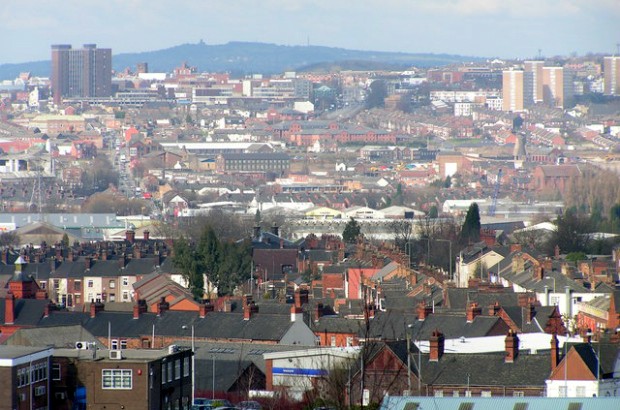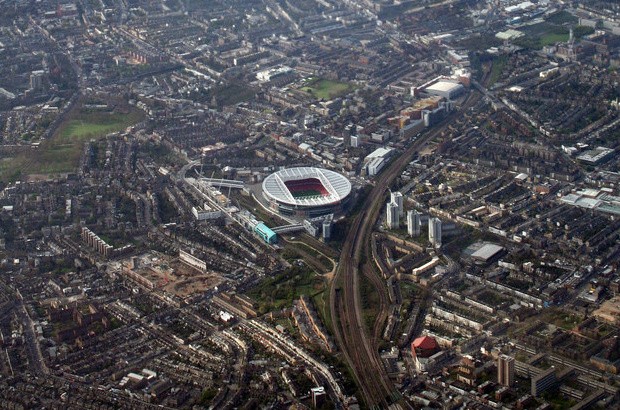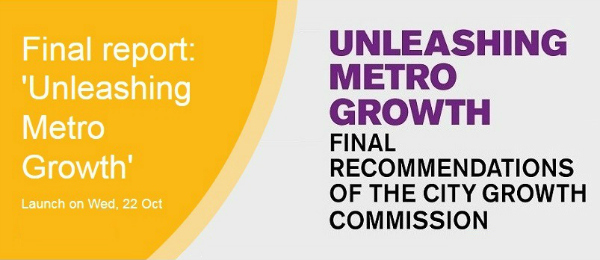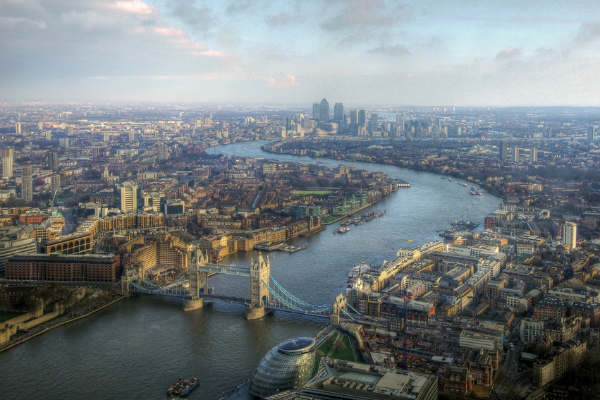Does England need an urban policy?

As city devolution gathers momentum, is it time to ask how all the pieces fit together. What governance capacities are required, how does planning fit in, what roles should the state fulfil?
This theme looks at issues of leadership, governance boundries, structures, relationships between local and central governments, planning, and aspects of public services and finances.

As city devolution gathers momentum, is it time to ask how all the pieces fit together. What governance capacities are required, how does planning fit in, what roles should the state fulfil?

Cities could increasingly take the lead on solving societal problems. Ed Glaeser, an economist at Harvard, famously said that cities are our greatest invention.

Mayors and civic leaders from around the world shared their ideas on the future of city leadership at the City Leadership Summit in October. How to lead place-based innovation emerged as a major theme.

What do Arsenal’s Emirates Stadium in London, the now glorious heritage of Islington’s housing stock, and the cable-car system in Kathmandu for getting milk supplies to that city, all have in common?

The role housing plays in underpinning or undermining achievement in British cities in the coming decades will vary from city to city.

The Future of Cities paper, 'Comparative urban governance', begins with a clear and concise definition of urban governance.

On 6 November, the Centre for Cities and the Deputy Prime Minister’s Office hosted the Northern Futures Summit in Leeds.

One year ago the City Growth Commission set out with a simple, extremely ambitious goal, namely to think of specific recommendations that might boost the growth rate of the UK economy.

Does London’s growth occur at the expense of other UK cities, as it can sometimes seem when the capital’s economy surges ahead?

One important trend in the investigation into the future of cities is the rapidly evolving relationship between cities and business.